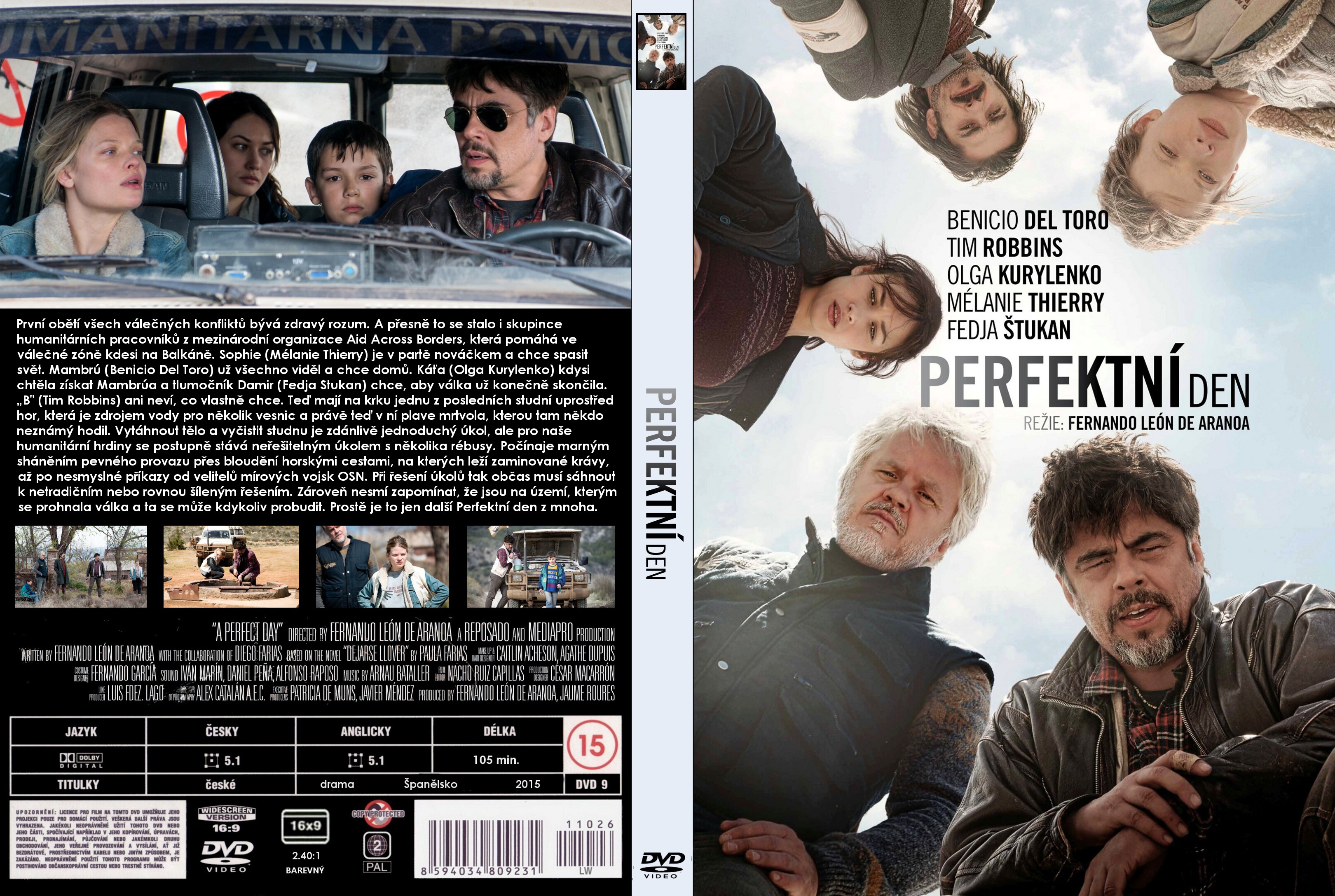
Aranoa certainly proves that Blanco is not to blame for the semi-tragic way things turn out he is as much a victim of objective circumstances as anyone else. The actors perform competently, even honorably. The Good Boss has certain recognizable and identifiable characters and situations. This is ambitious, and perhaps admirable. Cinema that examines the very roots of who and what we are in search of the hypothesis of what we will one day become.” The director argues that one “is always the first victim of one’s actions.”Īranoa further explains, in a director’s statement, that he wants “complex and artistically ambitious cinema,” which leaves a record “of who we are, of the moment in time in which we live and that at the same time amuses, intrigues, and moves us.” Cinema, he explains, that also uses humor, “at times even being light-hearted, with an edge but without renouncing engagement, truth or poetry. Along those lines, Blanco’s perpetual efforts to achieve a perfect balance, in his life, in his factory, through more and more dramatic interventions, have the contrary effect. She argues that when you measure something (with a scale, for example) or come closer to another human being, you inevitably introduce change and unpredictable change at that. Liliana, on the other hand, advances the Uncertainty Principle. And even when the measures to be taken are unpalatable ones, Blanco likens himself to a surgeon who doesn’t want to amputate but has no choice. The company employees are like “children” to him.

Eventually, the increasingly anxious factory owner turns to more drastic means.īlanco pursues his aims, in his own mind, from the best of intentions. The police refuse to chase José off public property, nor do cajoling and bribery succeed (“I will not move”).
A perfect day 2015 full#
In regard to the “downsized” worker José (Óscar de la Fuente), who takes full advantage of a megaphone, signs and banners to blacken Blanco’s name and damage the company’s reputation, the company chief attempts one maneuver after another to rid himself of the man. After learning that the alluring young woman is someone he knew as a little girl, he brusquely breaks things off, prompting Liliana to take action on her own.

The sexual adventure has consequences for Blanco. In that effort, he takes the unhappy man to a bar where they encounter the smitten intern Liliana (Almudena Amor) and a friend. He attempts to convince his production manager Miralles (Manolo Solo), unsuccessfully, to stop worrying about his wife and concentrate on the factory.

Blanco bails out the thuggish youth Salva (Martín Páez) and puts him to work at his wife’s boutique. His response is to meddle in a serious and ultimately dangerous fashion in the lives of his employees. The various dilemmas seem to mount, intertwine and conspire against Blanco’s determination to present the facility to the award committee as efficient, equitable and trouble-free. However, Blanco confronts a number of obstacles in his path: a laid off worker waging an angry, noisy protest just outside company property a manager with marital problems who commits one costly production error after another an older veteran employee with a racist thug of a son and a new intern, with whom Blanco begins a casual affair, who turns out to be the daughter of an intimate family friend with a long-term crush on him!


 0 kommentar(er)
0 kommentar(er)
